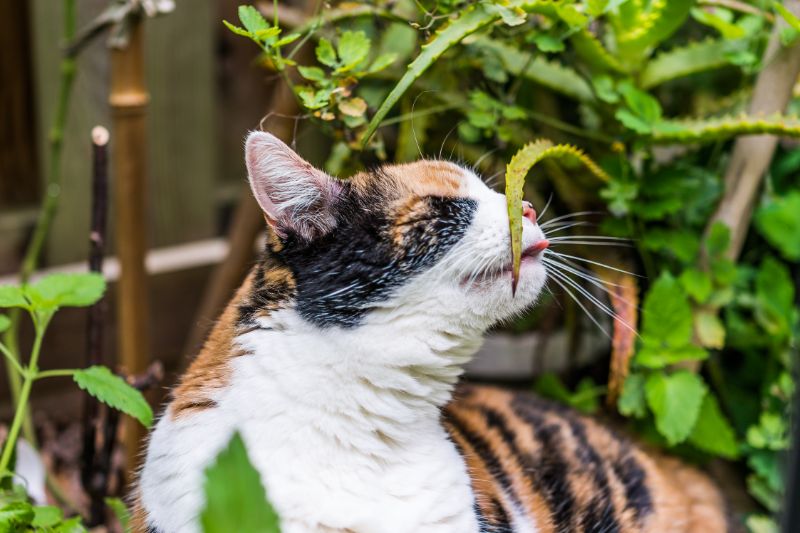Ob-noxious Greenery: Toxic Plants for Pets

Plants bring a natural beauty to your interior and exterior home decor. Although they are fun to look at and often easy to care for, they can pose a serious danger to your dogs and cats. The team at East Sacramento Veterinary Center wants you to know which plants are poisonous, so you can enjoy some greenery at home without unknowingly housing toxic plants for pets:
The Truth About Lilies
Often included in a wide-range of bouquets, lilies are beautiful and affordable flowers. Unfortunately, these eye-catching plants are especially harmful for cats, and they are even dangerous for dogs.
Every part of the lily plant, from the stem to the petals, is poisonous to cats and can lead to severe kidney damage and even kidney failure. Water from the vase can even be toxic for cats.
Certain species of lilies can also cause major gastrointestinal issues in dogs. You might want to opt for a different kind of flower if you have a cat or a dog in your home.
English Ivy: A Toxic Plant for Pets Found Indoors and Outdoors
English ivy, also known as California ivy, is a beautiful perennial vine that adds some curb appeal to many California homes and is often used as a decorative plant inside as well. It is extremely harmful for animals, however, and if ingested, can lead to major digestive discomfort including vomiting and diarrhea.
If you have a dog or cat that has a tendency to chew on flora, English ivy might not be the best option for the interior or the exterior of your home.
Azalea and Rhododendron Poisoning
These plant relatives are commonly found in garden stores and decorative vases in homes. While they add a bit of pizzazz to the decor, they can cause vomiting, diarrhea, or even issues with the central nervous system in pets. Excessive consumption could even lead to fatal cardiac problems. Unless you can be sure that your pet will not get into these plants, it is probably best to keep them away from the house.
What To Do If Your Pet Ingests a Toxic Plant
If your pet does come into contact with a toxic plant, is it important to get medical care as soon as possible. The following symptoms could all be signs that your dog or cat is dealing with plant poisoning:
- Nausea
- Vomiting
- Diarrhea
- Trouble breathing
- Trouble standing
- Disorientation
- Depression
- Loss of consciousness
- Loss of appetite
- Changes in behavior
Bring your pet into the veterinarian immediately if you see any of these symptoms or if you suspect that your pet might have gotten into a toxic plant. The sooner you can get medical attention, the better chance you will have for a positive outcome.
Whether you have more questions about plant toxicity or you want to know more about keeping your pet healthy and happy, the team at East Sacramento Veterinary Center is always here to help. Give us a call at (916) 737-5670 or request an appointment today.
